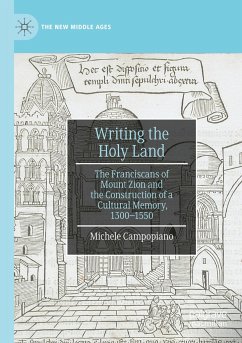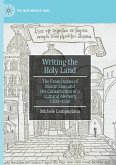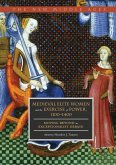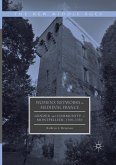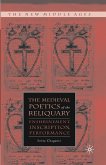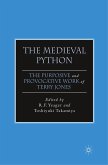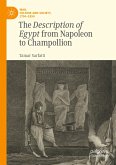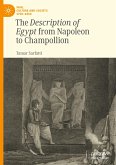The book shows how the Franciscans in Jerusalem in the fourteenth to sixteenth centuries wrote works which standardized the cultural memory of the Holy Land. The experience of the late medieval Holy Land was deeply connected to the presence of the Franciscans of the Convent of Mount Zion in Jerusalem, who welcomed and guided pilgrims. This book analyses this construction of a shared memory based on the continuous availability of these texts in the Franciscan library of Mount Zion, where they were copied and adapted to respond to new historical contexts. This book shows how the Franciscans developed a representation of the Holy Land by elaborating on its history and describing its religious groups and the geography of the region. This representation circulated among pilgrims and influenced how contemporaries imagined the Holy Land
Bitte wählen Sie Ihr Anliegen aus.
Rechnungen
Retourenschein anfordern
Bestellstatus
Storno

